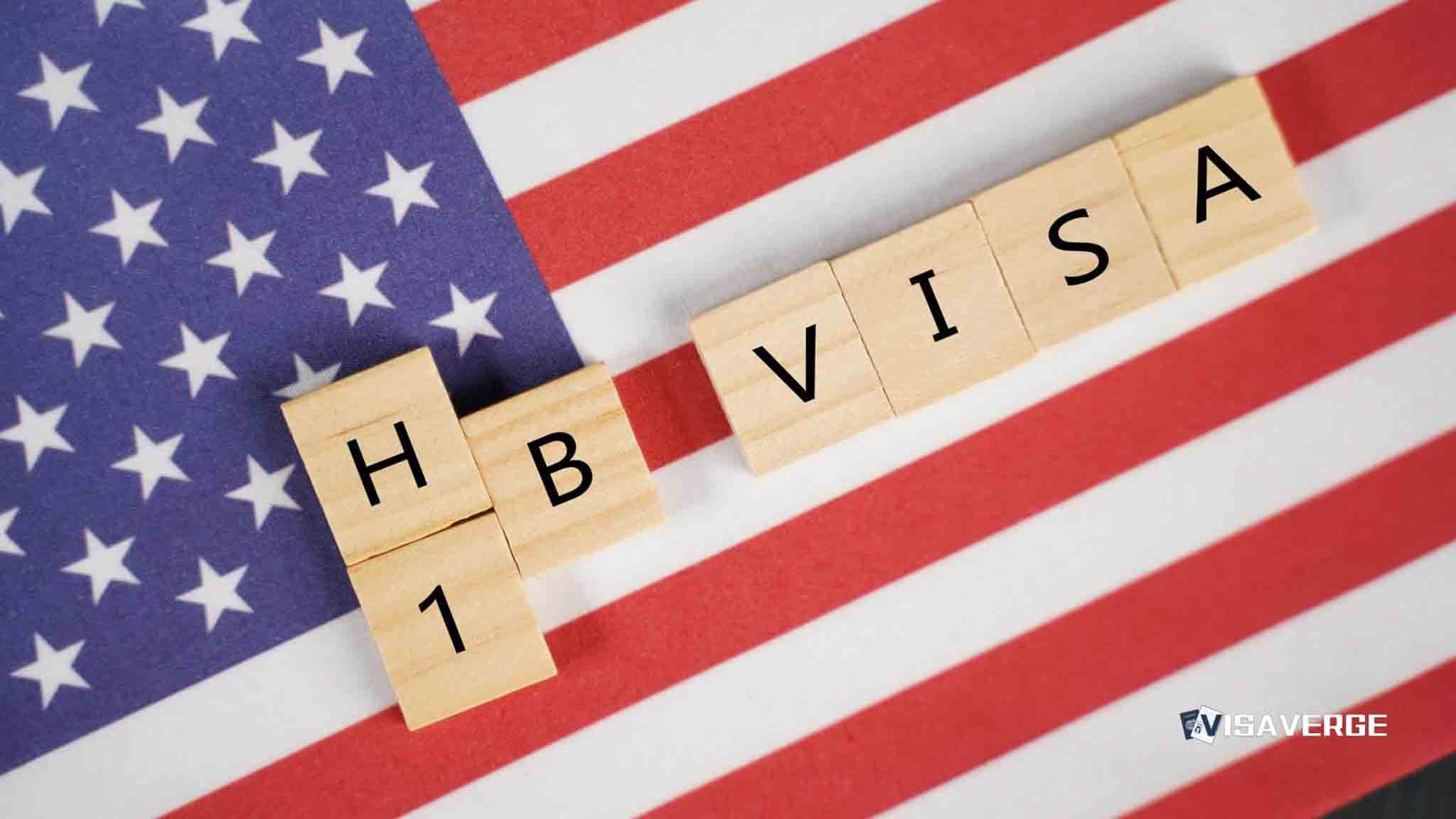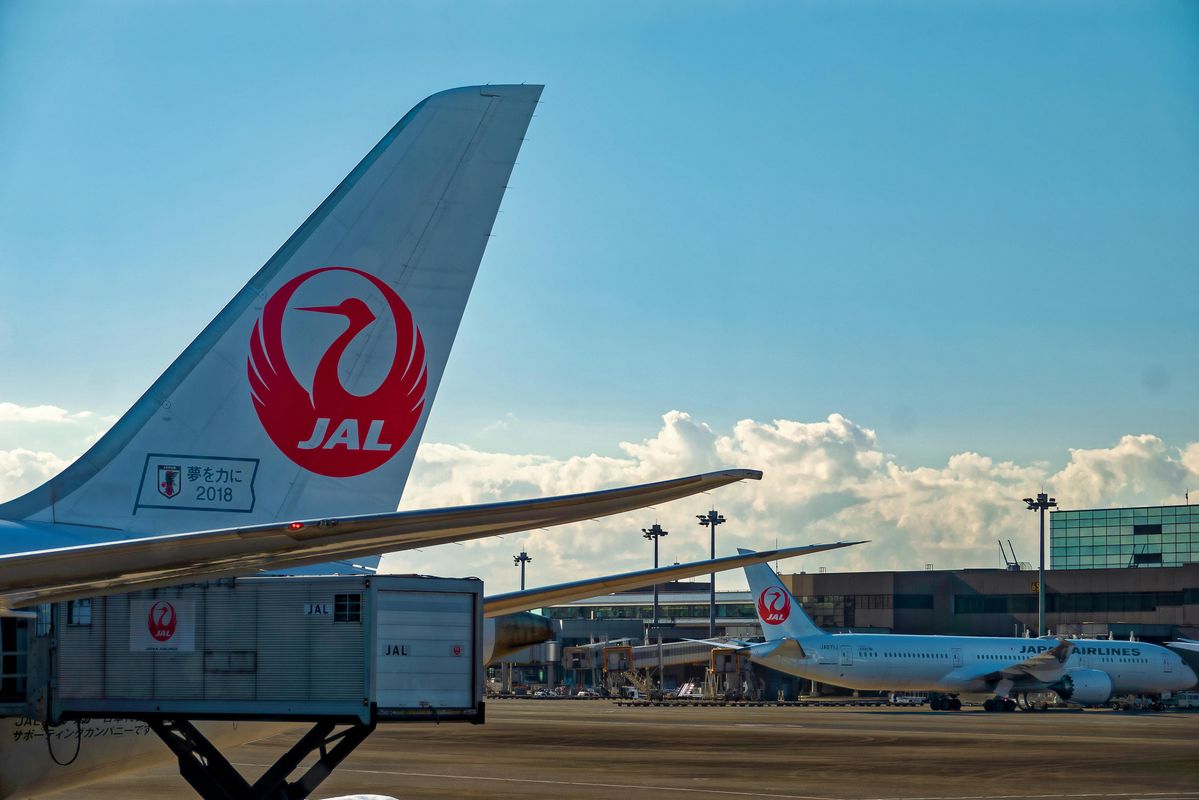Key Takeaways
- U.S. law requires employers to cover H-1B workers’ repatriation costs if terminated before visa expiration, typically $800–$3,000.
- Laid-off H-1B workers face a 60-day grace period to secure sponsorship, adjust status, or leave the U.S.
- Lack of enforcement by the Department of Labor fuels criticism as companies allegedly neglect H-1B repatriation obligations amid tech layoffs.
Major technology firms, including Meta, Google, and Microsoft, are under fire for allegedly failing to meet their legal duty to cover H-1B repatriation costs for foreign workers who have been laid off. This issue has come to the forefront amidst ongoing layoffs in the tech sector in 2025, leaving many foreign employees—already facing legal and financial uncertainty—feeling abandoned by their previous employers.
Under U.S. immigration law, businesses sponsoring workers on H-1B visas are required to pay the “reasonable” travel expenses for such employees to return to their last country of residence if their employment ends before the visa’s expiration. For context, this typically means covering the cost of a one-way economy ticket, which can range from $800 to $3,000 depending on the worker’s destination. While this may seem minor to large corporations, the expense is often substantial for workers who have lost their jobs and are juggling financial strain, visa restrictions, and a ticking deadline to leave the United States.

Criticism Mounts Against Meta
Meta, which has faced multiple rounds of layoffs since 2022, is among the companies facing intense scrutiny. By February 2025, Meta announced its most recent wave of layoffs, impacting 3,000 employees. Notably, this followed prior reductions that included the elimination of 11,000 roles in November 2022 alone. Reports suggest that Meta’s compliance with its H-1B repatriation obligations during these layoffs has not been consistent, prompting criticism from immigration advocates and labor rights organizations.
Similarly, other tech titans, such as Google and Microsoft, are accused of falling short of their legal responsibilities. In early 2023, Google dismissed around 12,000 employees, followed by Microsoft’s dismissal of roughly 10,000 workers by year-end. Although not all of these redundancies impacted H-1B employees, many H-1B workers were reportedly left to manage their return expenses independently. These failures, critics argue, exacerbate the financial and legal challenges already faced by laid-off foreign workers.
Impact on H-1B Workers
Foreign employees on H-1B visas face unique obstacles after being laid off. Under current regulations, they have only a 60-day grace period after job loss to secure new sponsorship from another employer, adjust their visa status, or leave the country—a deadline that can be extremely difficult to meet. Without access to their legally mandated return transportation costs, some workers feel stranded.
For many laid-off H-1B workers, the financial burden of securing return transportation is compounded by the abrupt loss of income and the immediate need to leave the United States. Despite these challenges, it appears that some employers in the tech sector have opted to cut costs by failing to honor their obligation to fund employees’ repatriation.
Role of the U.S. Department of Labor
The U.S. Department of Labor (DOL) oversees the enforcement of the H-1B rules, including requiring companies to provide for return transportation. While the rules on paper are clear, enforcement remains a challenge. The DOL cites the sheer complexity of verifying individual claims and the high volume of cases as major roadblocks. By February 2025, the DOL had yet to announce any significant enforcement actions specifically aimed at tech companies neglecting H-1B repatriation requirements. This lack of oversight only emboldens critics, who argue that the current system prioritizes corporate convenience over worker protections.
Labor rights advocates and immigration groups have called for a more aggressive DOL response. They believe that stricter enforcement and transparent accountability measures are needed to ensure companies meet their obligations to H-1B employees. Without such action, they warn that U.S. competitiveness in attracting global talent may diminish. As VisaVerge.com reported, the failure to fund repatriation costs affects not only individual workers but also the reputation of the H-1B program as a whole.
Tech Companies Respond to Pressure
In response to mounting criticism, some tech companies have sought to clarify their policies. Google, for instance, stated in early 2025 that it provides repatriation assistance to laid-off H-1B visa holders, though it has not disclosed specific practices or amounts covered. Microsoft, meanwhile, insists that it complies with all legal requirements, including those related to return costs for H-1B workers. Despite these reassurances, doubts persist about the consistency and fairness of employer compliance.
Dual Trends: Layoffs and New Hires
Interestingly, the debate over repatriation costs unfolds as top tech companies continue to lay off workers while also hiring new foreign employees under the H-1B program. According to the U.S. Citizenship and Immigration Services (USCIS), firms like Amazon, Microsoft, Google, and Meta remain ranked among the largest H-1B sponsors. For example, in the 2024 fiscal year alone, Amazon successfully sponsored 3,871 initial H-1B applications, making it the top U.S. employer for such petitions.
This dual trend—of cutting current roles while hiring new H-1B workers—has fueled speculation regarding the strategies companies use to manage labor costs. Some argue that businesses may be leveraging the visa program to tap into specific skill sets while also keeping operational costs low. For many H-1B employees, this ambiguity adds to the difficulty of navigating job stability in an industry prone to rapid shifts.
Calls for Reform
Advocates stress that the repatriation debate is just one piece of a larger issue: how the H-1B program operates and its implications for the U.S. labor market. Critics suggest that without stronger worker protections, including stricter repatriation enforcement, the program risks being perceived as both unfair and exploitative. Immigration groups have pushed for reforms that include better oversight of employer compliance, clearer guidelines for covering repatriation costs, and longer grace periods for laid-off H-1B workers.
Lawmakers have yet to propose any significant changes to the H-1B repatriation rules. But given the ongoing public outcry tied to major layoffs in the tech sector, it’s possible that policymakers will revisit the issue. Some members of Congress have hinted at introducing legislation aimed at bolstering oversight of the H-1B program, though no concrete proposals have been made as of February 2025.
Broader Context and Future Implications
The ramifications of this ongoing controversy extend beyond the immediate concerns of H-1B workers. How tech leaders like Meta handle this situation could shape public perceptions of corporate responsibility, potentially influencing future immigration reform. As the U.S. seeks to maintain its leadership in innovation, ensuring that skilled foreign workers are treated equitably could become a critical factor in retaining global talent.
For those currently on H-1B visas, understanding their rights is essential. Immigration attorneys recommend that terminated workers explicitly request repatriation funding if it is not provided and, if necessary, file formal complaints with the DOL’s Wage and Hour Division. While these steps can help individuals, broader industry-wide accountability may only come through sustained advocacy and policy change.
Conclusion
The controversy surrounding H-1B repatriation costs highlights the challenges at the intersection of corporate policies, immigration rules, and worker rights. As Meta, Google, and other tech giants face accusations of neglecting their duties, pressure is mounting for greater accountability. The outcome of these discussions could have lasting effects on H-1B visa holders, the tech industry, and the broader U.S. immigration framework. Only time will tell whether reform and enforcement will ultimately shift conditions for foreign workers or if the current patchwork of compliance will persist.
For additional resources on filing complaints or verifying employer obligations, the DOL’s Wage and Hour Division website offers official guidance on H-1B rules and enforcement: U.S. Department of Labor Wage and Hour Division.
Learn Today
H-1B Visa → A U.S. visa allowing employers to temporarily employ foreign workers in specialized occupations requiring specific technical expertise.
Repatriation Costs → Financial obligations covering transportation expenses to return a terminated H-1B worker to their last country of residence.
Grace Period → A 60-day timeframe during which laid-off H-1B workers must secure new employment, change visa status, or leave the U.S.
U.S. Department of Labor (DOL) → Government agency responsible for enforcing labor laws, including employer compliance with H-1B visa requirements.
Corporate Compliance → Adherence by companies to legal and regulatory obligations, such as funding return travel for laid-off H-1B employees.
This Article in a Nutshell
Tech giants Meta, Google, and Microsoft are facing criticism for allegedly ignoring legal obligations to cover H-1B workers’ repatriation costs post-layoffs. As foreign employees grapple with financial and visa challenges, companies’ failure to comply exacerbates struggles. Advocates urge stronger enforcement to protect workers’ rights and maintain the H-1B program’s credibility amidst ongoing industry upheaval.
— By VisaVerge.com
Read more:
• TSA Confirms AirTags Are Allowed in Carry-On Bags Under Current Rules
• US Military Begins Deporting Migrants to India, Official Confirms
• Trump Delays Tariffs on Canada for 30 Days, Trudeau Confirms
• Trump Tariffs on Canada, Mexico may Begin February 1, 2025, White House Confirms
• Immigration Fraud Crackdown in Chandigarh: Police Take Action Against Deceptive Firms













